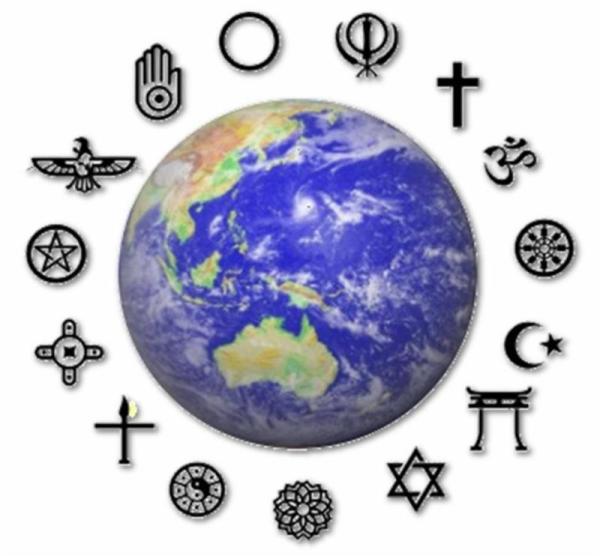The Greening of Paganism (Revisited)
(Note, this is a reworking of a 2016 paper for presentation at the 2022 Harvard Ecological Spiritualities Conference.)
According to Religious Studies scholar, Michael York, a “nature religion” is one which has “a this-worldly focus and deep reverence for the earth as something sacred and something to be cherished.” Many contemporary Pagan traditions and groups explicitly style themselves as “nature religions” or “earth religions,” and many individual Pagans describe their spirituality as “nature-centered” or “earth-centered.” And yet, the question of whether Paganism is a “nature religion” is a complex one. This complexity is often glossed over in academic descriptions of Pagan beliefs and practices.
Continue reading “Is Neo-Paganism Really a Nature Religion?”




